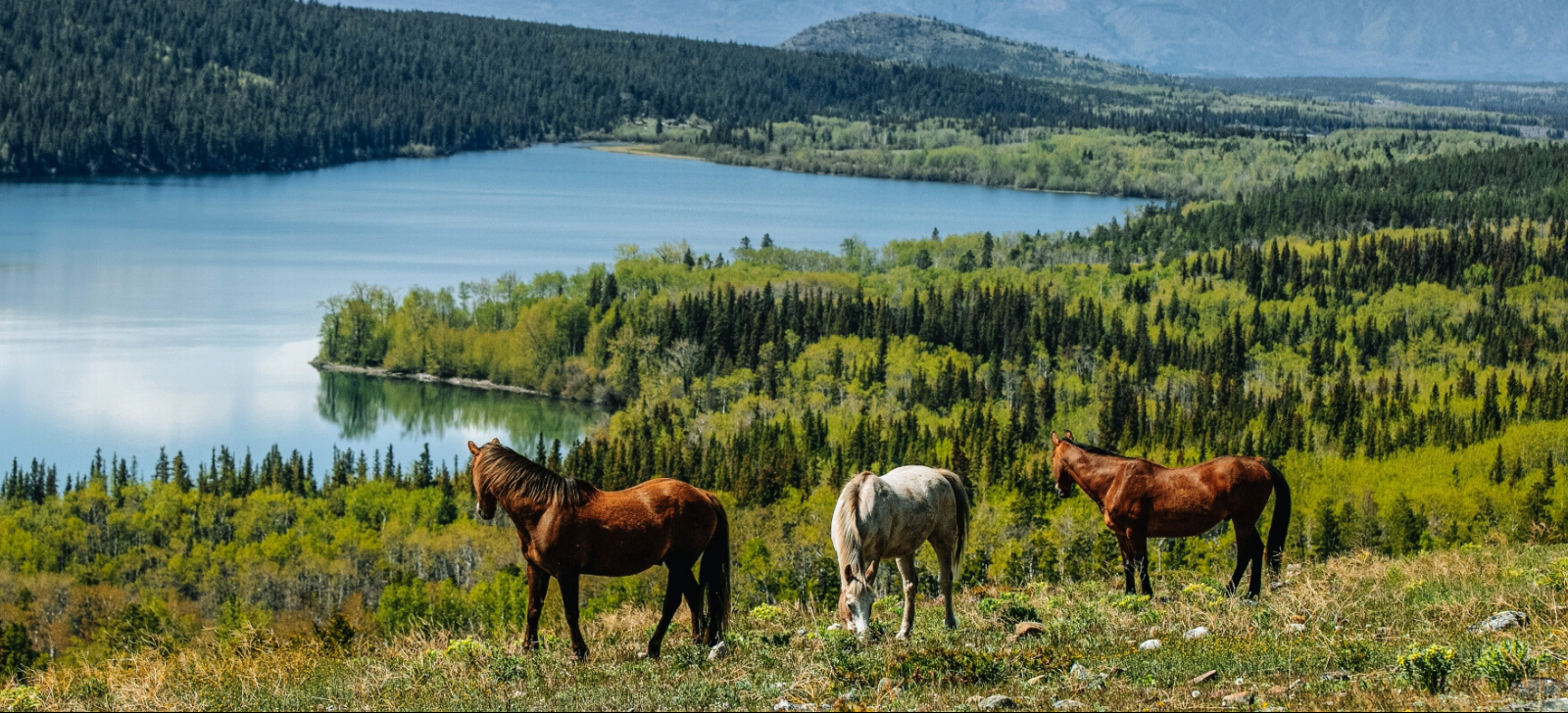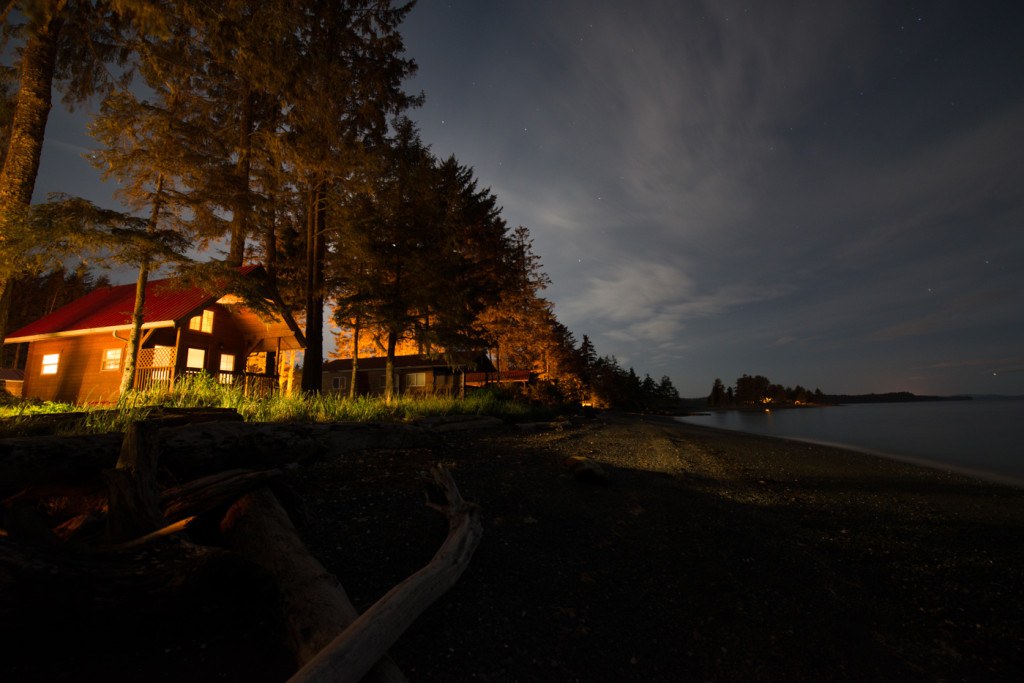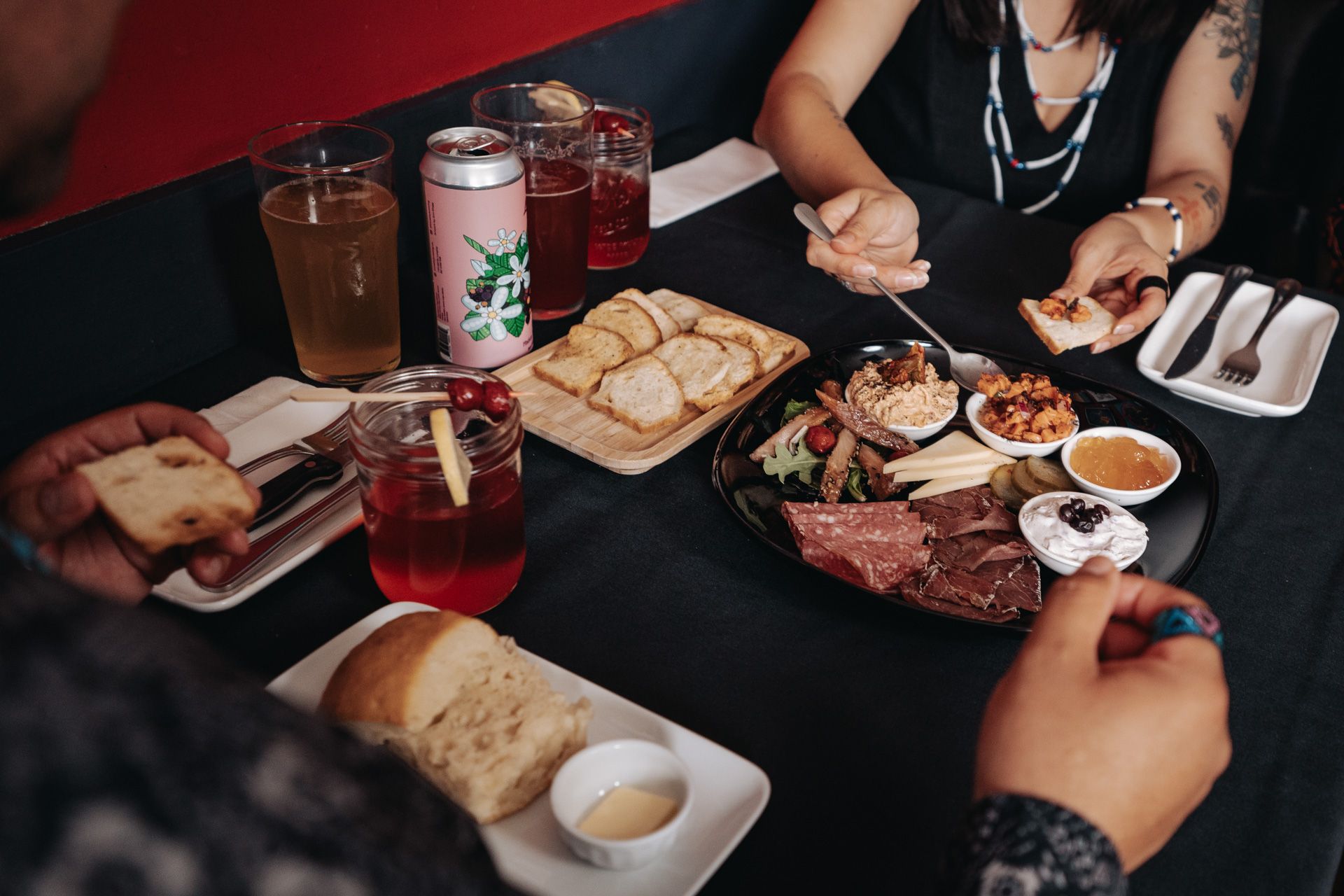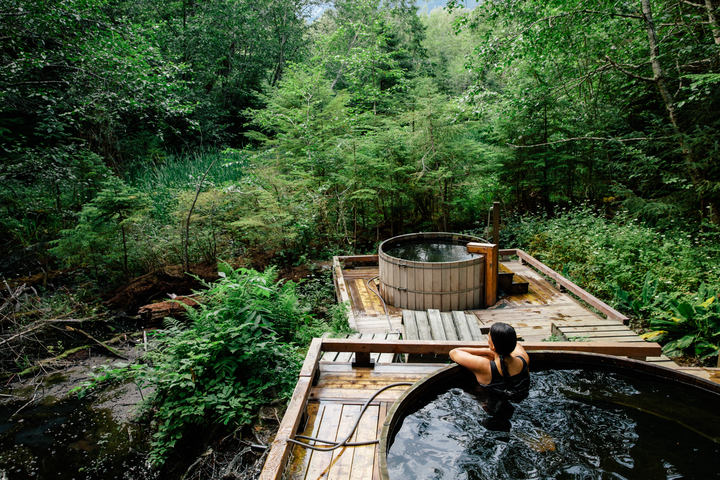
Witness the Truth, Change the Future
On September 30, 2025, we observe Orange Shirt Day, a grassroots initiative, and the National Day for Truth and Reconciliation, dedicated to remembering the Indigenous children who were forced to attend Canada’s residential schools and the ongoing, intergenerational impact on their families and communities.

Orange Shirt Day and Kamloops Indian Residential School Findings came before the first National Day for Truth and Reconciliation.
Orange Shirt Day, an Indigenous-led movement to honour residential school survivors and their families, was first held on September 30, 2021. Since then, it has been observed annually but not officially. In May 2021, Chief Rosanne Casimir of Tk’emlups te Secwepemc confirmed the finding of the remains of 215 children by ground-penetrating radar on the grounds of the former Kamloops Indian Residential School.

Residential school findings are ongoing. Our national dialogue must also be.
The atrocities committed by the Canadian government on Indigenous Peoples have always been known to Indigenous Peoples, who held the knowledge and suffering without public recognition of the truth by the government. Now, we publicly commemorate these wrongdoings to honour survivors, remember the children who never made it home, raise awareness of intergenerational impacts, and promote reconciliation.

We must all commit to creating safer places for ongoing dialogue between Indigenous and non-Indigenous Canadians.
On September 30, 2021, the Canadian government officially designated Orange Shirt Day as a statutory holiday to honour the Survivors of Canadian residential institutions and those who never made it home. Canadians observed the first-ever National Day for Truth and Reconciliation, as federal and provincial governments publicly acknowledged the atrocities committed and the profound need for national dialogue and healing.

Sit with uncomfortable truths.
Today and beyond, take an honest look at Canadian reality and reflect on Canada’s responsibility for the deaths and suffering of Indigenous children at residential institutions across the nation. It is essential to hear these stories, regardless of how difficult they may be. Listen to the truths of survivors, their families, and communities, and accept responsibility to learn and change.

Step forward as a witness to the vitality, culture, and knowledge of First Nations and Indigenous Peoples and communities in Canada.
Read books by Indigenous authors and seek Indigenous perspectives. Take opportunities to hear residential school survivors speak. Visit Indigenous cultural centres and attend public events. Listen and find your place in an ongoing national dialogue dedicated to truth and reconciliation on this day and always.

Reconciliation is unique for everyone.
What reconciliation means is as unique as each person who holds a vision for it and our healing. Review the TRC’s calls to action and find your place in it– actions that you and your organization can take to use your power for positive change. Sit down with yourself and your family, and discuss your role in reconciliation on the land and for the people on whose Traditional Territory you reside.
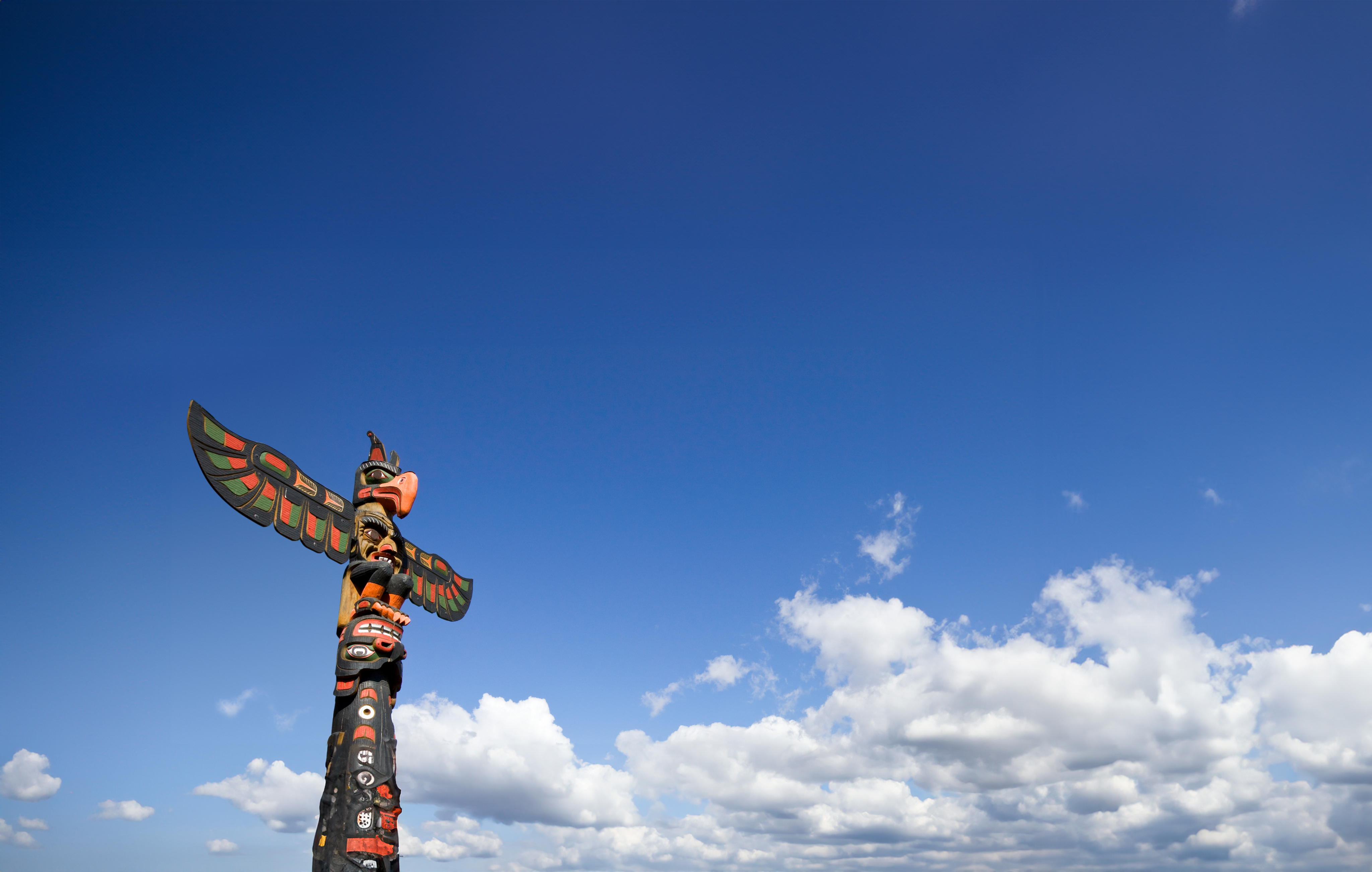
At Indigenous Tourism BC, we believe that every one of us can effect change.
We seek healing to contribute to reconciliation in a good way that honours our unique skills, experience, and vision for wholeness. Through ongoing national dialogue and action, we walk together on a long journey toward a safe space where genuine collaboration, partnership, and reconciliation provide a foundation for a new Canada.

September 30, 2025
NATIONAL DAY FOR TRUTH AND RECONCILIATION
Discover Events in Your Area
On September 30, 2025, we observe Orange Shirt Day, a grassroots initiative, and the National Day for Truth and Reconciliation, a Canadian commemoration of the history and legacy of residential schools. This day honours survivors, remembers the children who never made it home, raises awareness of intergenerational impacts, and promotes reconciliation.
Join in dialogue, reflection, and a national commitment to vastly improve life for Indigenous Peoples in Canada. Attend concerts, art shows, film screenings, gatherings, and conversations dedicated to Truth and Reconciliation in Canada.

Look for an event in your area and step forward as an active witness to ensure, through thorough and honest education, that this never happens again.


